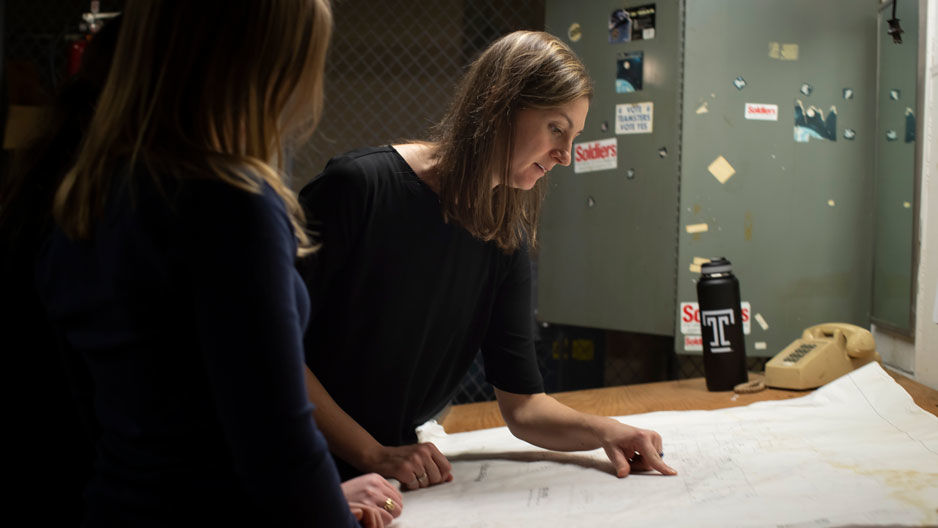College of Public Health researcher works to improve sanitation worldwide
Heather Murphy, assistant professor in the Department of Epidemiology and Biostatistics, will work with stakeholders in Uganda and India to improve sanitation conditions as part of a project led by Michigan State University and funded by the Bill and Melinda Gates Foundation.

The UN estimates that, by 2050, one in four people will live in a country with shortages of fresh water. As it is now, nearly 2 billion people use water sources that are contaminated with fecal matter. The situation is dire: more children die from diarrheal diseases than often-discussed illnesses such as malaria.
More than 80 percent of these deaths are attributable to unsafe water, which also contributes to stunted growth, malnutrition, and decreases in education or, for workers, productivity. Whether due to untreated water or lack of access to a latrine, poor sanitation impacts a country in more than just public health; it is also a detriment to a nation’s economy and continued development. Despite this, sanitation guidelines still reference a 1983 publication, missing out on 30 years of research in water pathogens and treatment.
In an effort to address these issues, Heather Murphy, assistant professor in the Department of Epidemiology and Biostatistics, will work with stakeholders in Uganda and India to improve sanitation conditions as part of a project led by Michigan State University and funded by the Bill and Melinda Gates Foundation—the first such grant received by the College of Public Health.